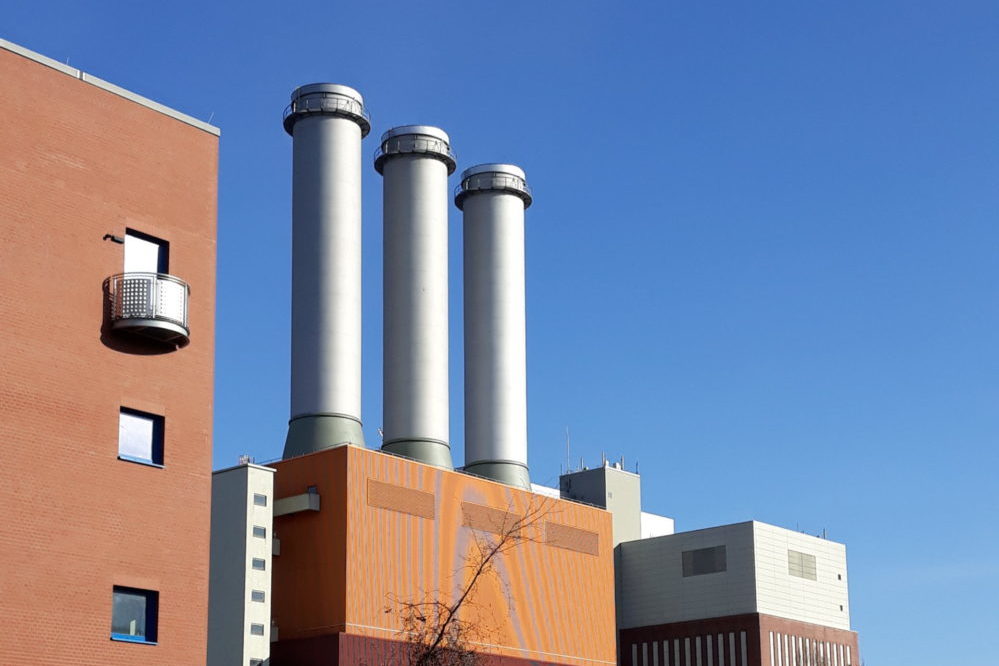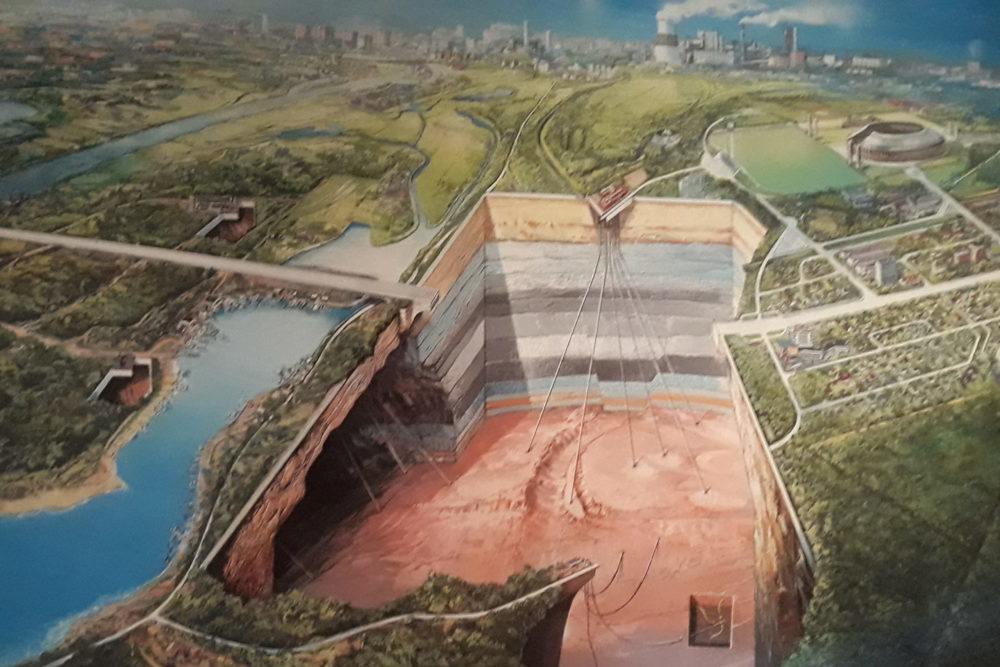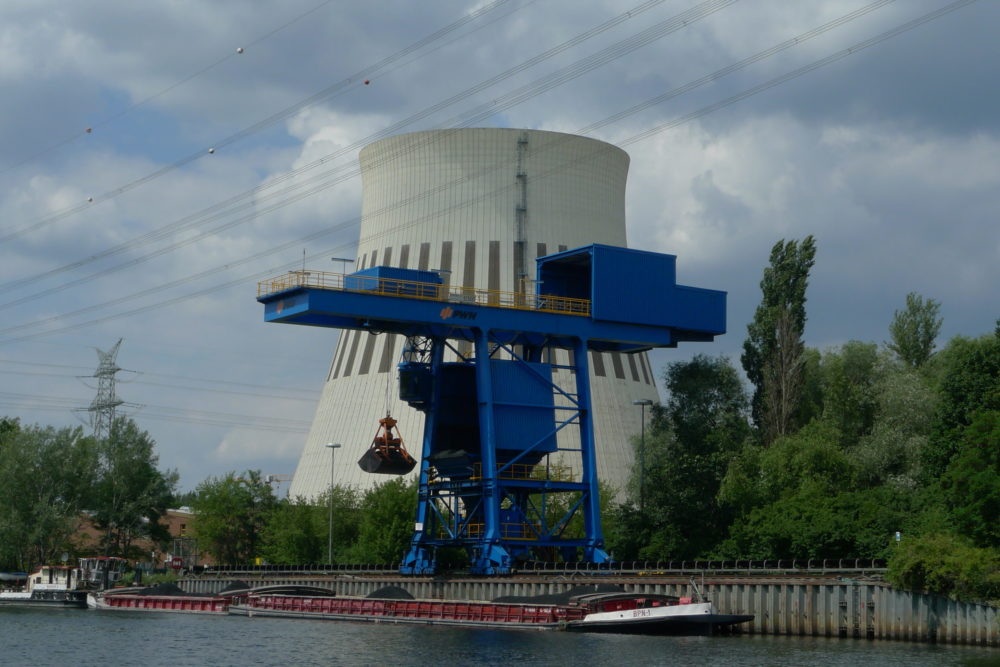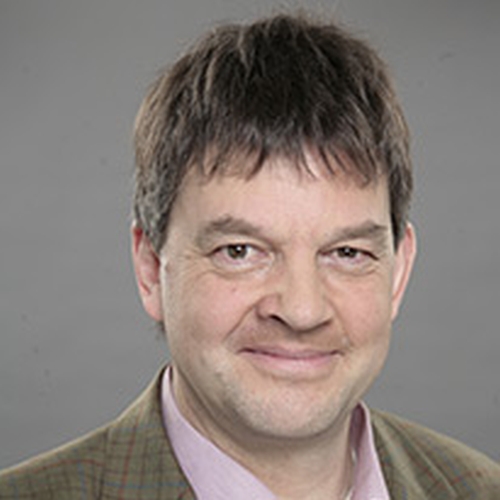THESys Project
This is a three-year research project (2020-2023) funded by the German Research Foundation (DFG) under the Middle East Collaboration funding scheme. The project studies past and present cases of politically divided cities to reveal how energy infrastructures – understood as socio-technical configurations – can reinforce separation or promote cooperation in contested urban contexts. Three research objectives are pursued. First, the project demonstrates how political conflict has manifested itself in the structures and processes involved in producing, providing and using electricity and gas in three iconic divided cities: Berlin, Jerusalem and Nicosia. Second, it analyses how energy infrastructures have been enrolled in the urban resilience strategies of these cities since division, whether to increase isolationist self-dependence or cooperative inter-dependence. Third, it generates from the case comparison, both within and between the cities studied, knowledge on the relationship between geopolitical conflict and energy security in urban contexts as a contribution to theory-building at the interface of urban studies, energy studies and peace studies.
Output
Moss, T., Fischhendler, I., Herman, L., Lukin, S., Papasozomenou, O., Rettig, E., Rosen, G., Shtern, M., Sonan, S. (2024). Energy infrastructures in divided cities. Progress in Planning 100910.
URL: https://www.sciencedirect.com/science/article/pii/S0305900624000680
Moss, T., Papasozomenou, O., Sonan, S. & Shtern, M. (2024). Gridlocked: Governing cross-border electricity provision and infrastructure in a divided Cyprus since 1963. Energy Research & Social Science 115.
URL: https://www.sciencedirect.com/science/article/pii/S2214629624002263
Moss, T. (2023): Navigating electricity in-/interdependence in Cold War Berlin: an instructive history of urban infrastructure security. Urban History.
URL: https://doi.org/10.1017/S0963926823000500.
Moss, T., & Sareen, S. (2020). Demanding demand: Political configurations of energy efficiency in Berlin, 1920-2020, Journal of Energy History 5.
URL: https://energyhistory.eu/en/node/230
Rettig, E., Fischhendler, I., & Schlecht, F. (2023). The meaning of energy islands: Towards a theoretical framework. Renewable and Sustainable Energy Reviews, 187, 113732.
URL: https://doi.org/10.1016/j.rser.2023.113732
Shtern, M., Herman, L., Fischhendler, I., & Rosen, G. (2022). Infrastructure sovereignty: battling over energy dominance in Jerusalem. Territory, Politics, Governance, 1-21.
URL: https://doi.org/10.1080/21622671.2022.2153727
Shtern, M., Sonan, S., & Papasozomenou, O. (2022). City Profile: Nicosia. Cities, 30, 103866.
URL: https://doi.org/10.1016/j.cities.2022.103866
Project Team
PIs: Prof. Timothy Moss (IRI THESys), Prof. Itay Fischhendler (Hebrew University of Jerusalem)
Co-PIs: Prof. Gillad Rosen (Hebrew University of Jerusalem), Prof. Lior Herman (Hebrew University of Jerusalem)
Research Associates: Elai Rettig (Hebrew University of Jerusalem), Marik Shtern (Hebrew University of Jerusalem)
Commissioned researchers: Dr. Ourania Papasozomenou (Arden University), Dr. Sertac Sonan (Cyprus International University)
Student Assistants: Bar Shiran (Hebrew University of Jerusalem), Shirley Lukin (Hebrew University of Jerusalem)
Project Partners
Humboldt-Universität zu Berlin – Integrative Research Institute on Transformations of Human-Environment-Systems (IRI THESys)
Hebrew University of Jerusalem – Department of Geography






